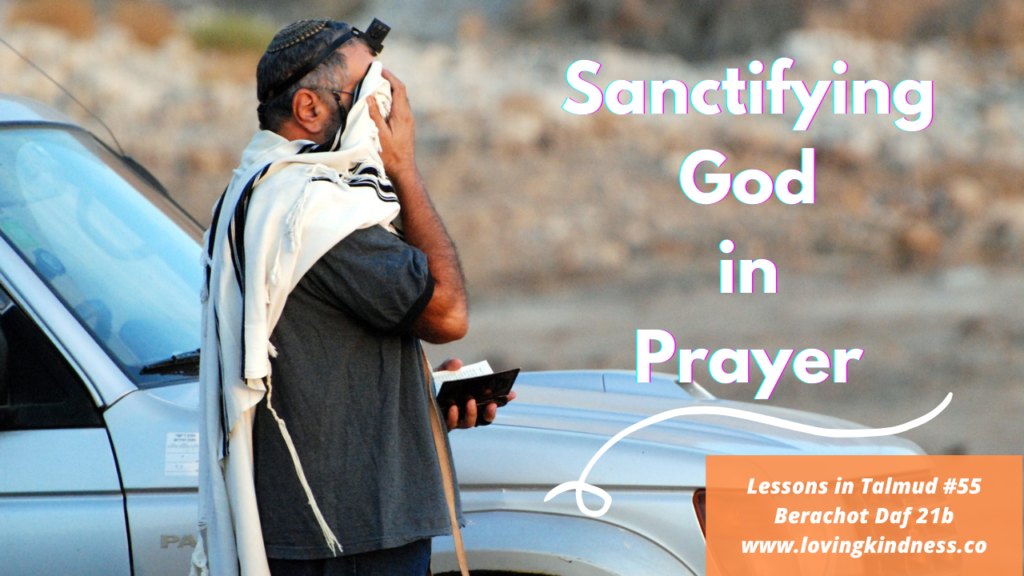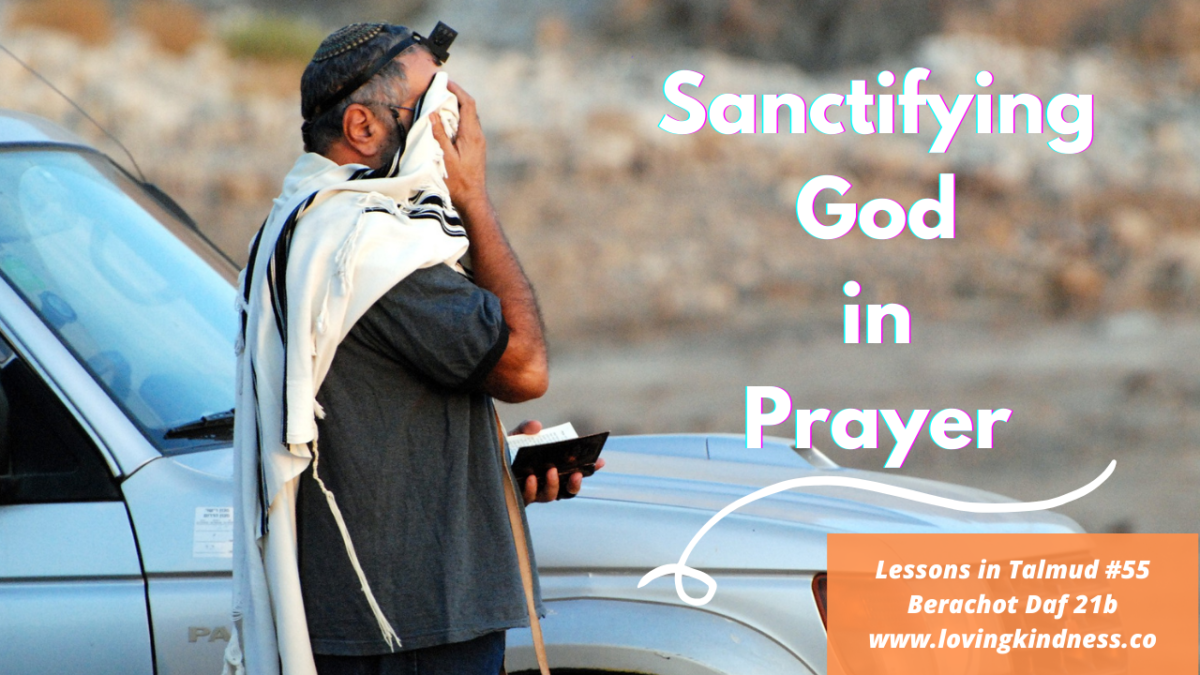
In our lesson in Masechet Berachot – Tractate Brachot / Blessing – studying from the Koren Talmud Bavli – we continue on the theme of prayer.
In our previous lesson we dealt with being in doubt about reciting the Keriat Shema and the Amidah and what one should do if one caught oneself out if one realised one had already prayed.
What is the law with regards to entering shul to find that one is late and the prayer leader is almost about to begin his repetition of the Shemoneh Esrei? May one simply prayer – or does one have to wait for anything?
It depends how fast one can prayer! The Gemara cites an argument regarding whether one can begin one’s prayer if one can complete one’s prayer before the leader reaches Modin — in contrast to the other opinion discussing being able to complete one’s prayer before the leader reaches Kedushah.
What is so important about Kedushah in any case?! Kedushah means holiness and it refers to sanctifying God through the words recited at various points in the prayer service.
There’s another important part of prayer. This the the recital of the famous words in Kaddish (not Kedushah – but clearly the same root) of saying that “May His great Name be blessed…”. Can one interrupt one’s prayer to recite this? One opinion says that it is so important, that one should even interrupt one’s learning of the Maaseh Merkavah to answer this to the leader’s “invitation” during his recital of Kaddish.
The Gemara goes back to Rabbi Yehuda’s statement of the Mishnah that one may bless the blessings before and after… i.e. the Keriat Shema and the blessing after having eaten.
The Gemara challenges Rabbi Yehuda and his understanding of the situation. Does Rabbi Yehuda not hold by the decree of Ezra – that men who experience a seminal emission may not study Torah until they have immersed?
The Gemara lists some “Semuchim” – verses which follow each other in the Torah in order to prove certain things – in the hope of proving or disproving the way Rabbi Yehuda formulates his conclusion and how he comes to his understanding.


